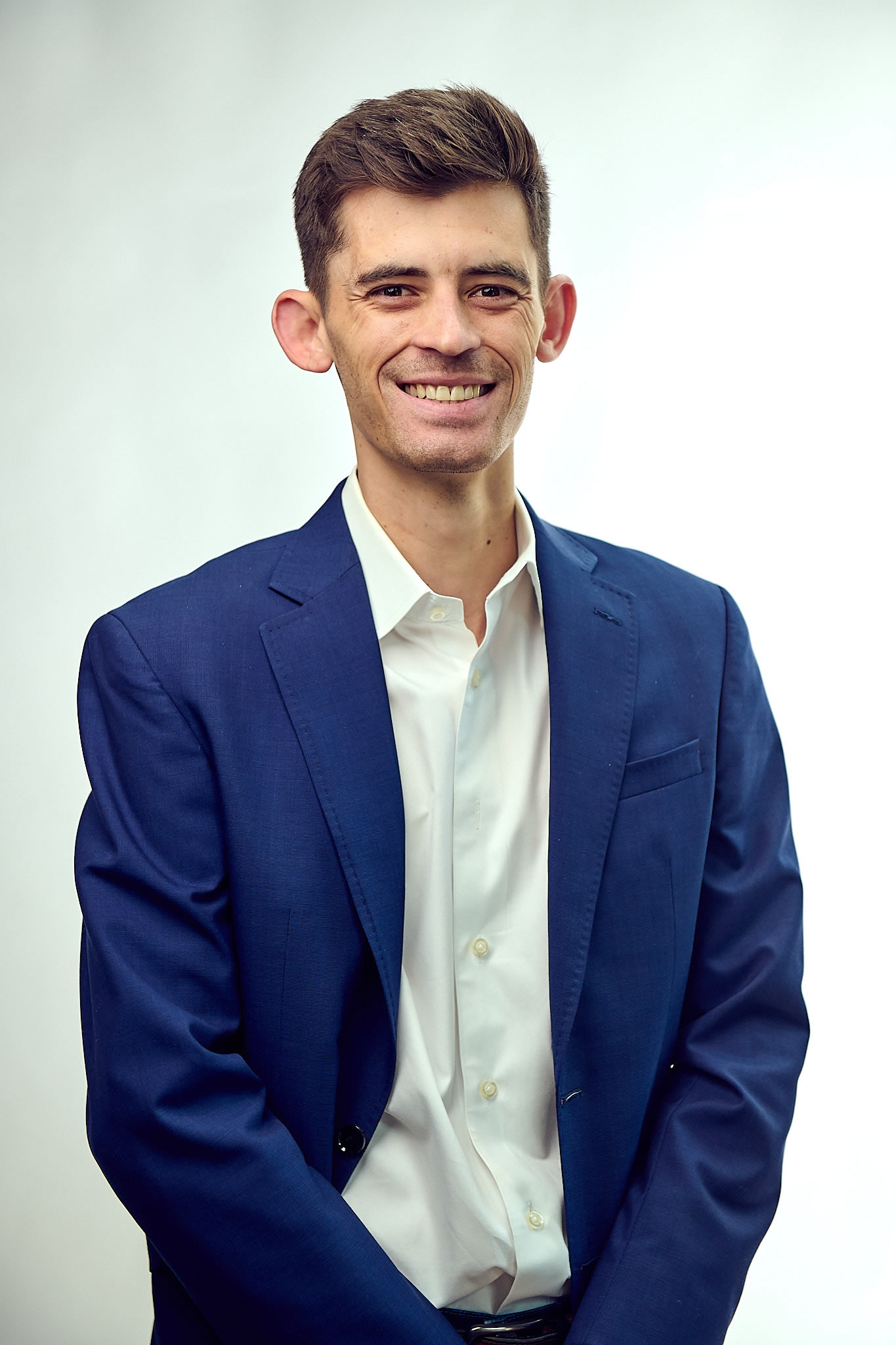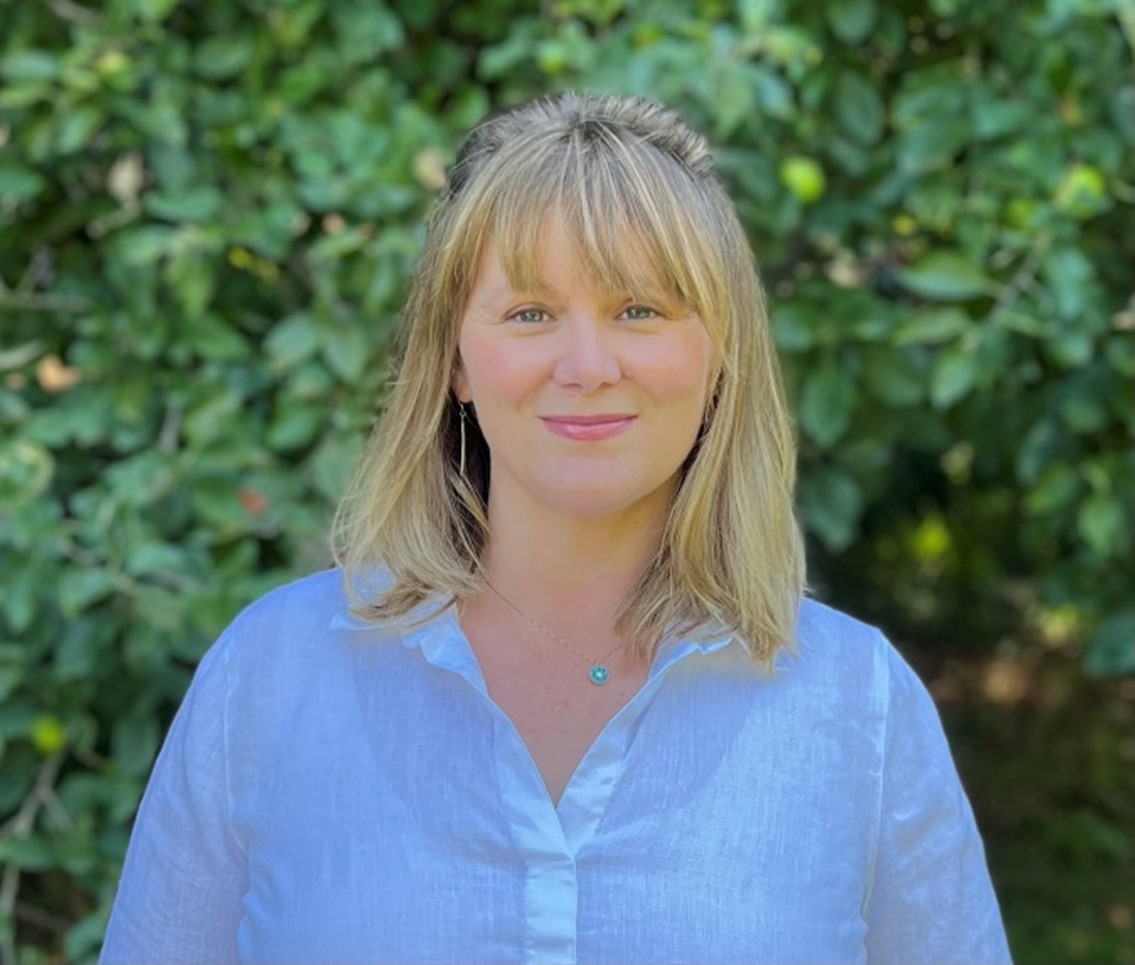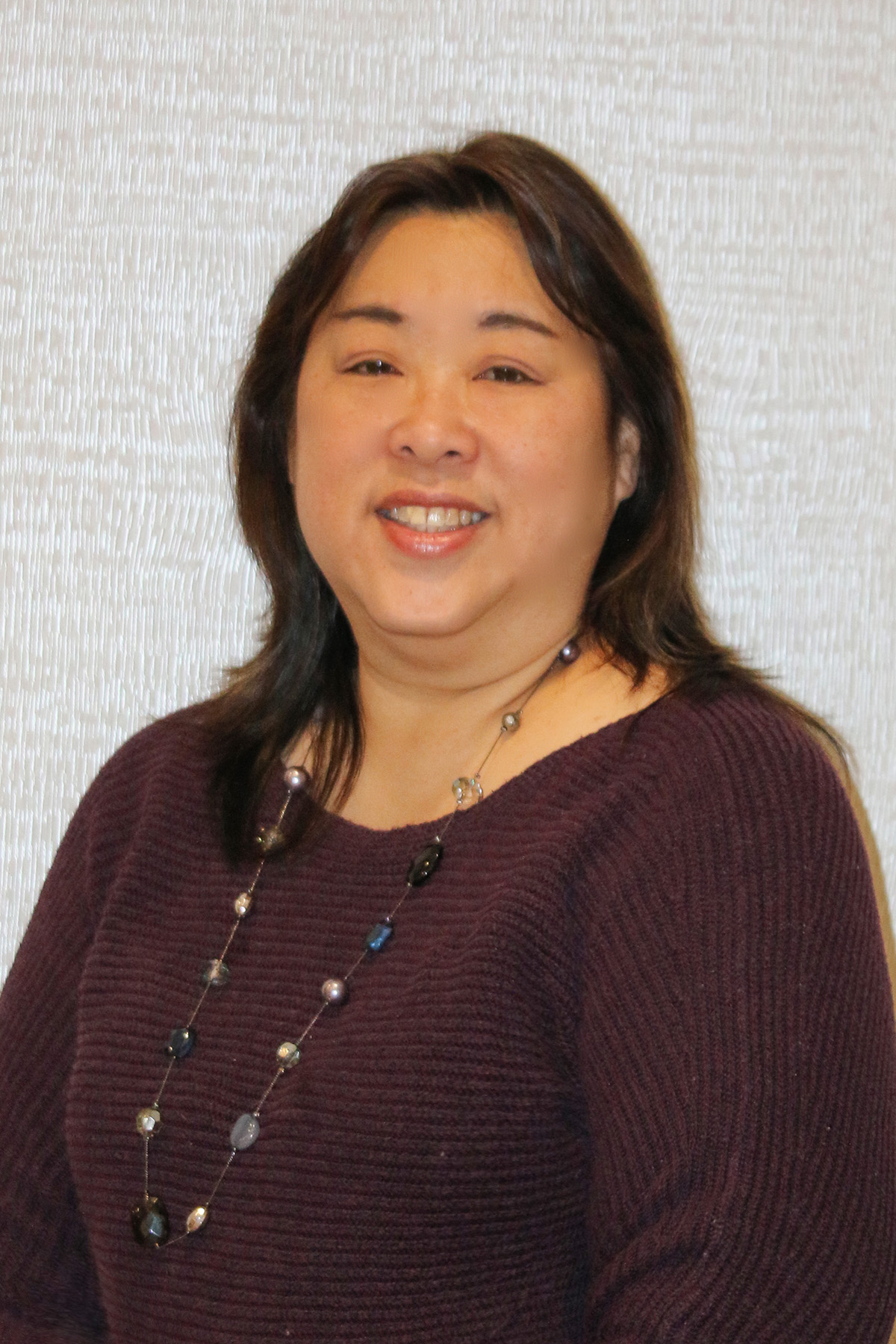Producing the fuel is just one step in the transition to a cleaner energy future…those fuels must ultimately be put into fleets for the communities to benefit. It is important that agencies, fleets and community groups partner to develop the right mix of policies and incentives to make them successful. While a lot of focus is placed on low carbon fuel programs, tax credits, and grants, those are not the only ways states can promote the higher usage of biomass-based diesel. Partners can and should leverage other programs aimed at reducing tailpipe emissions, addressing Environmental Justice issues, and leveraging comprehensive climate planning efforts to build out their portfolio of strategies.
Speakers:

Michael Graham
Columbia-Willamette and Western Washington Clean Cities Coalition
Michael S. Graham is Deputy Director at Columbia-Willamette and Western Washington Clean Cities. Both coalitions foster local relationships with fleets to help them adopt alternative fuels.
Michael currently manages more than $12M in federal funding, including three US EPA Diesel Emission Reduction Act awards. He also leads the Coalition’s Technical Assistance portfolio, advising fleets in the Northwest and across the country on available incentives to incorporate cleaner fuels and technologies into their operations, and regulation navigation to develop a plan to maintain and exceed compliance.
Michael holds a Bachelor of Environmental Studies and a Masters of Community & Regional Planning, both from the University of Oregon.

Morgan Schafer
Oregon Department of Environmental Quality
Morgan Schafer is the Climate Pollution Investments Coordinator for the Oregon Department of Environmental Quality (ODEQ). She currently leads Oregon’s nearly $200 million Climate Pollution Reduction Grant to implement community-driven solutions that tackle the climate crisis, reduce air pollution, advance environmental justice, and accelerate Oregon’s clean energy transition. During her five-year tenure at ODEQ, she has utilized her analytical and public health background in many different aspects of cleaning up Oregon’s air including the promotion of alternative fuels, deploying cleaner school buses, reducing the impact of particulate matter, and working on Cleaner Air Oregon’s Cumulative Heath Risk Pilot program.

Travis Kellerman
Travis Kellerman serves as the Senior Climate Policy Advisor to the Governor of New Mexico. Travis focuses on exportable models for GHG reductions in oil and gas, the costs to human health costs of energy production, and the role of New Mexico in cleaning a global energy supply. Before his appointment, Travis led renewable energy development across the US, including energy storage, green hydrogen, carbon credits, transportation electrification, and new market structuring—with a focus on innovations that create significant energy, water, and social equity impacts with quantifiable market value.
Travis was also a serial entrepreneur who built global data platforms and scaled multilingual and multicultural teams across many tech sectors, and now advises multiple data startups with environmental and social impact focuses. His background in emissions data science, water and carbon intensities in supply chains, and ESG/Impact reporting included a role as a Futurist at the NM-based digital twin company Descartes Labs.
Travis is a graduate of the University of New Mexico and has worked in energy and social impact policy for Martin Heinrich, Tom Udall, and many officials at all levels of government in the state.
Moderator:

Cory-Ann Wind
Director of State Regulatory Affairs
Clean Fuels
Cory-Ann Wind is the visionary leader behind Oregon’s groundbreaking Clean Fuel Program and has spent three decades at the forefront of environmental progress on the West Coast. She recently assumed a new role as the director of state regulatory affairs for Clean Fuels Alliance America (beginning Jan. 8, 2024), with a primary focus on the West Coast.
Most recently, Wind served as the Clean Fuels Program Manager for the Oregon Department of Environmental Quality. In this role, she was responsible for developing and implementing Oregon’s Clean Fuel Program, which requires transportation fuel providers to reduce the carbon intensity of their fuels over time. The program has been credited with driving reductions in Oregon’s transportation emissions since its implementation in 2016.




